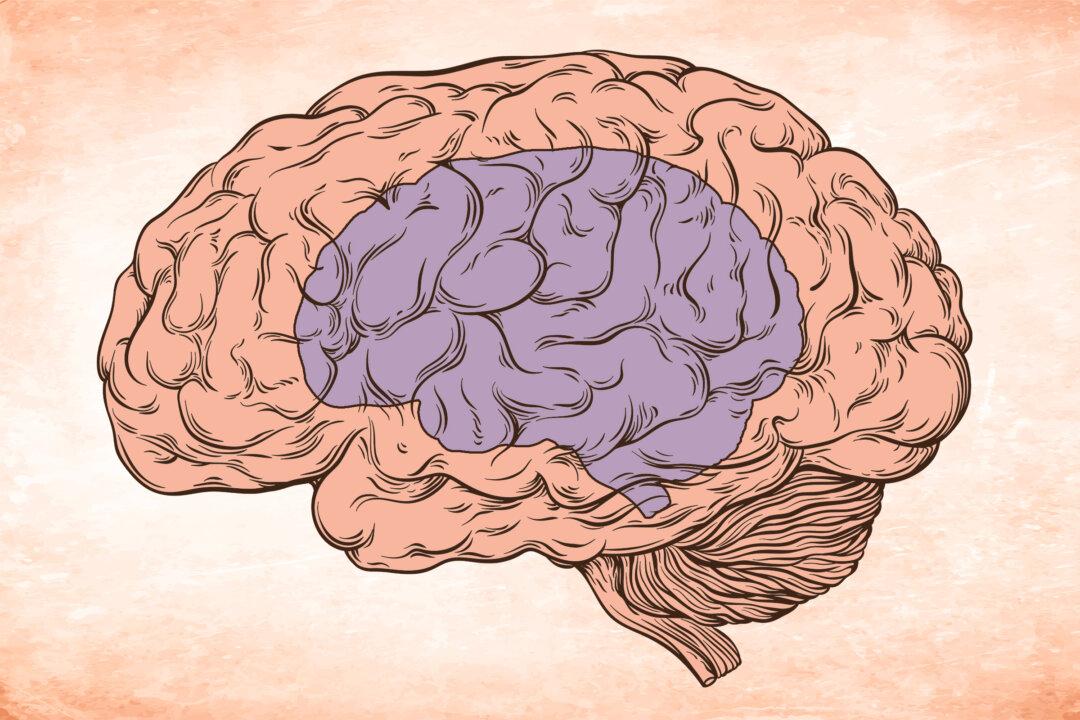Those involved in barring the reporters included Mr. Lu Kun, the acting Chinese consul general himself.
The event, held Friday, had aimed to counter the regime’s reputation of censorship and repression in Tibet, and it featured a visiting delegation from China that the regime claims represents the Tibetan people.
The controversy Friday caught the attention of press freedom organization Reporters Without Borders.
“With the world’s eyes turned towards Tibet due to the 50th anniversary of the Tibetan uprising, Chinese authorities have undertaken many efforts to impose the official version of events,” read a posting about the incident on the website of Reporters Without Borders’ Canadian arm this week.
“Despite a valid invitation and intervention from the President of the National Ethnic Press and Media Council of Canada, the Acting Council General of the Consulate confiscated the invitation and ordered the police and hotel security to have the NTDTV employees escorted out of the hotel premises.”
Organizers at the Friday event had barred reporter Danielle Zhu and cameraman David Ren of New Tang Dynasty Television (NTDTV), a Chinese-language television station that frequently reports official Chinese abuse, including repression in Tibet.
Ms. Zhu was at first allowed in to the press conference after showing her invitation. Then organizers noticed the NTDTV logo on Mr. Ren’s camera.
“NTDTV, why was this invitation sent to you?” asked one organizer.
The Chinese consulate had sent the invitation to the National Ethnic Press and Media Council of Canada, to which both NTDTV and The Epoch Times belong. Journalists at both outlets had replied by email to confirm their attendance in advance of the event.
But that didn’t satisfy organizers.
“You can’t get in,” an organizer told Ms. Zhu before ordering hotel security: “Take her away.”
An organizer also told police who were present that the two journalists were “against China.”
Senator Consiglio Di Nino, co-chair of the Canadian Parliamentary Friends of Tibet that met the Chinese delegation on Monday, described the barring incident as “totally unacceptable.”
“I can only assume that the Chinese consulate wants to control the message, and this is also totally unacceptable by Canadian standards,” he said.
Joe Wang, president of NTDTV Canada, went as far as to say: “The Chinese authorities are exporting their media control to Canada.”
“This is a challenge to media freedom in Canada,” he said. “Our parliamentarians should remind the regime that in Canada we have standards for press freedom.”
Coincidentally, NTDTV’s Ms. Zhu and Mr. Ren were also snubbed by the Chinese authorities in 2005 when both were slated to join Canadian Prime Minister Paul Martin on his Asian trip, which included a visit to China.
In January 2005, the Chinese embassy in Ottawa issued and then quickly revoked the two journalists’ visas. The embassy offered no explanation for the reversal, despite an objection from the prime minister at the time.
But the two were not alone on Friday.
This reporter (Matthew Little) witnessed Sonam Wangchuk, a journalist with Radio Tibet Toronto, being escorted out of the press conference. After this reporter attempted to photograph the incident, organizers elected to remove him instead.
“Leave it to the Chinese regime to expel a reporter from a press conference for taking a photo,” said Cindy Gu, publisher of The Epoch Times. “This speaks to the regime’s paranoia of free press and its instinct to try and control it. It has clearly been trying to muzzle NTDTV and The Epoch Times.”
Both news outlets have faced pressure from the Chinese regime, even in Canada. Leaked official documents from the Chinese embassy in Ottawa have detailed the regime’s efforts to interfere with NTDTV’s efforts to broadcast in Canada.
The Friday afternoon conference at the Sheraton Hotel featured the Chinese National People’s Congress Tibetan Delegation, a group of five Tibetan men and women purporting to represent Tibetan life in the mountainous region.
Among the delegates was the Chinese regime’s hand-picked “Living Buddha,” a man named Xin Za Dan Zeng Qu Zha, who the regime promotes as a spiritual leader and representative of the Tibetan people.
A free DVD made available to media at the event titled, “Tibet Past and Present” portrays communist rule in Tibet as “liberation” and attempts to undermine the credibility of the Dalai Lama. The video claims, among other things, that the Nobel Laureate would accept human skulls, skin, and intestines as birthday gifts before the regime took control of Tibet.
In a telephone interview following the event, Mr. Wangchuk, who was raised in Tibet, said it was “sad” to see journalists expelled. He recounted what he witnessed at the press conference.
“They were trying to tell us that right now Tibet is much better than before,” he said. Mr. Wangchuk said the regime’s “Living Buddha” was the lone spokesperson at the event and that he argued life had improved greatly in Tibet under communist rule. Mr. Wangchuk claimed “90 per cent” of what the “Living Buddha” had said about Tibet was not true.
In a closed door meeting on Monday, the delegation is expected to have told Canadian parliamentarians that under communist rule, Tibetans are enjoying great freedom and prosperity.
The event is part of the Chinese regime’s effort to rebrand its rule in Tibet. This includes the marking of official anniversaries this month, including what the Chinese authorities call the “50th Anniversary of Democratic Reform in Tibet” and “Liberation from Serfdom Day,” which refers to the anniversary of the failed Tibetan uprising in 1959.
State media have published thousands of articles online in recent weeks to promote the official line on the anniversaries. The Canadian visit and meetings with legislators also played prominently in the official Chinese press, though no mention was made of Friday’s controversy.





Friends Read Free